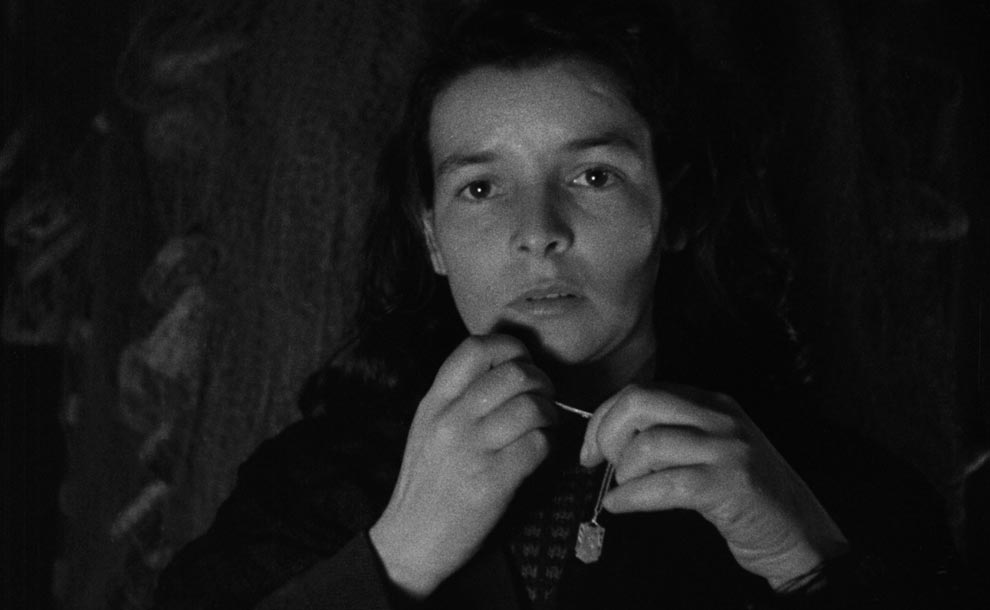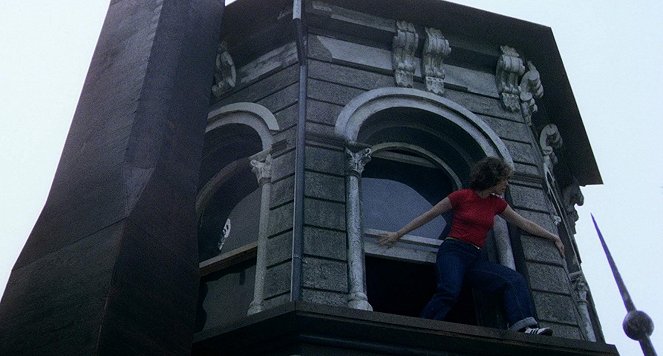– Le Tempestaire is the movie for the weekend. In this section every Saturday or Sunday Celluloid Dimension picks a movie for the weekend. The selections are preferably underrated movies or neglected movies that we think should get more attention. Have fun with these recommendations. –
Directed by Jean Epstein
Written by Jean Epstein
Rating: ![]()
Jean Epstein’s cinematic theories, steeped in the principles of photogénie and rooted in the metaphysics of image perception, find their fullest expression in this unsettlingly beautiful short film. Here, his preoccupation with the sea—both as an omnipresent force and as a vessel of emotional resonance—is rendered with poetic grandeur. The story, adapted from a local folk legend, follows a young woman gripped by an unshakable fear that her husband, a fisherman navigating the turbulent waters of Brittany, will never return. Her grandmother, a guardian of ancient superstitions, recounts mythic tales of the monstrous ocean and its enigmatic “storm-masters,” reinforcing the idea that nature itself bears the imprint of fate and human anxiety.
Epstein’s approach transcends mere storytelling; it becomes an exercise in cinematic purity. His strict adherence to the specificity of film as a medium is evident in his treatment of dialogue—relegated to the periphery—and in his unwavering conviction that the visual apparatus should retain dominance. The restless interplay between the sea’s volatile movements and the woman’s interior anguish is meticulously structured through Epstein’s visual methodology. Sound, though present, is never allowed to overpower the image; instead, it is harnessed in a way that amplifies the film’s eerie mysticism without undermining the supremacy of the optical experience.
If the impressionist theories of early French cinema had, by the 1940s, become stylistic relics overshadowed by the advancing innovations of synchronized sound and narrative formalism, Epstein’s film stands as a resolute argument for their continued relevance. His rejection of conventional cinematic norms is not a rejection of progress, but rather an assertion that cinema must preserve its essence—its ability to capture movement, rhythm, and perception in ways no other art form can. The film’s poetic contemplation of the sea is not merely aesthetic but philosophical, transforming the ocean’s ceaseless motion into an existential meditation on destiny, loss, and the unyielding forces of nature.









